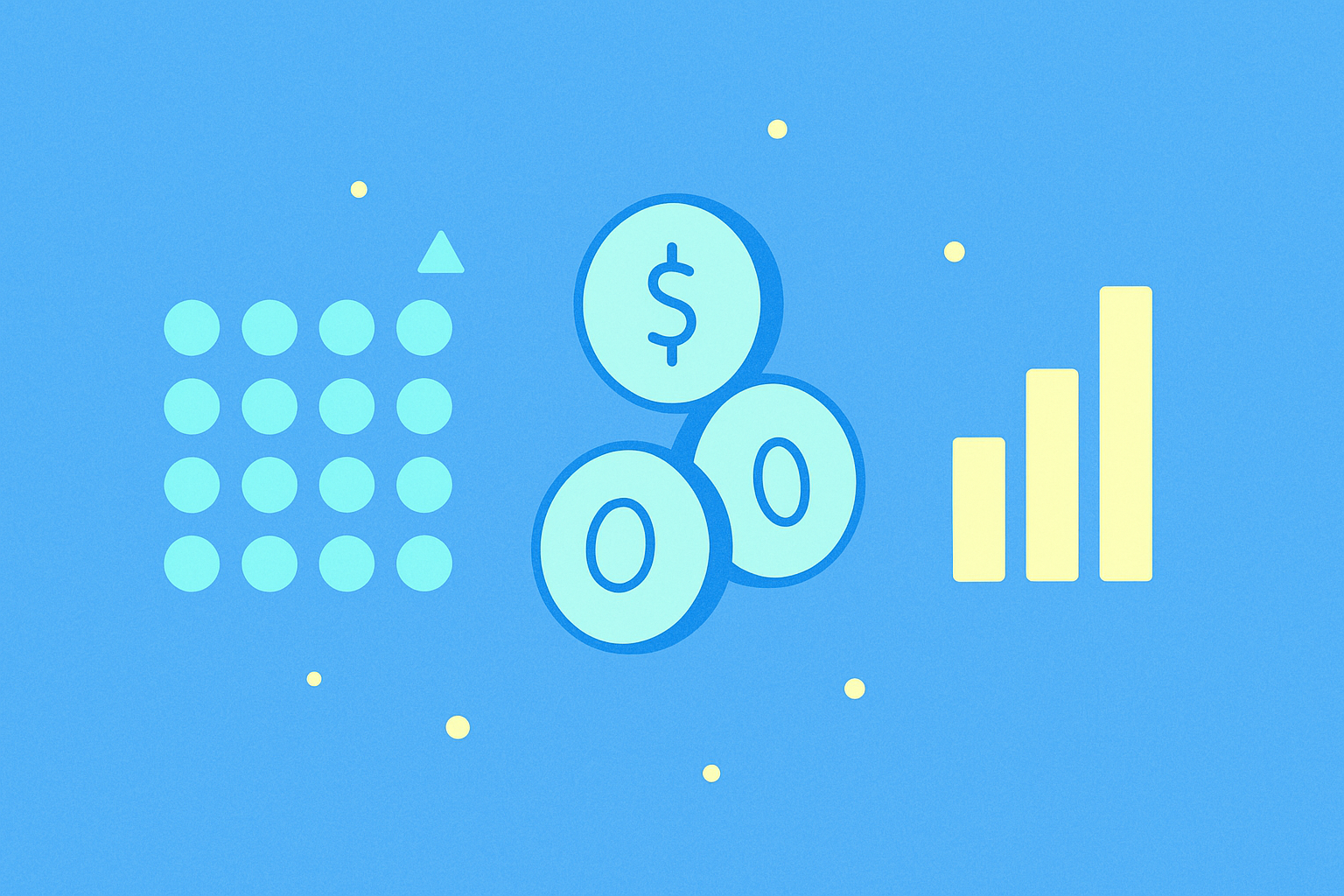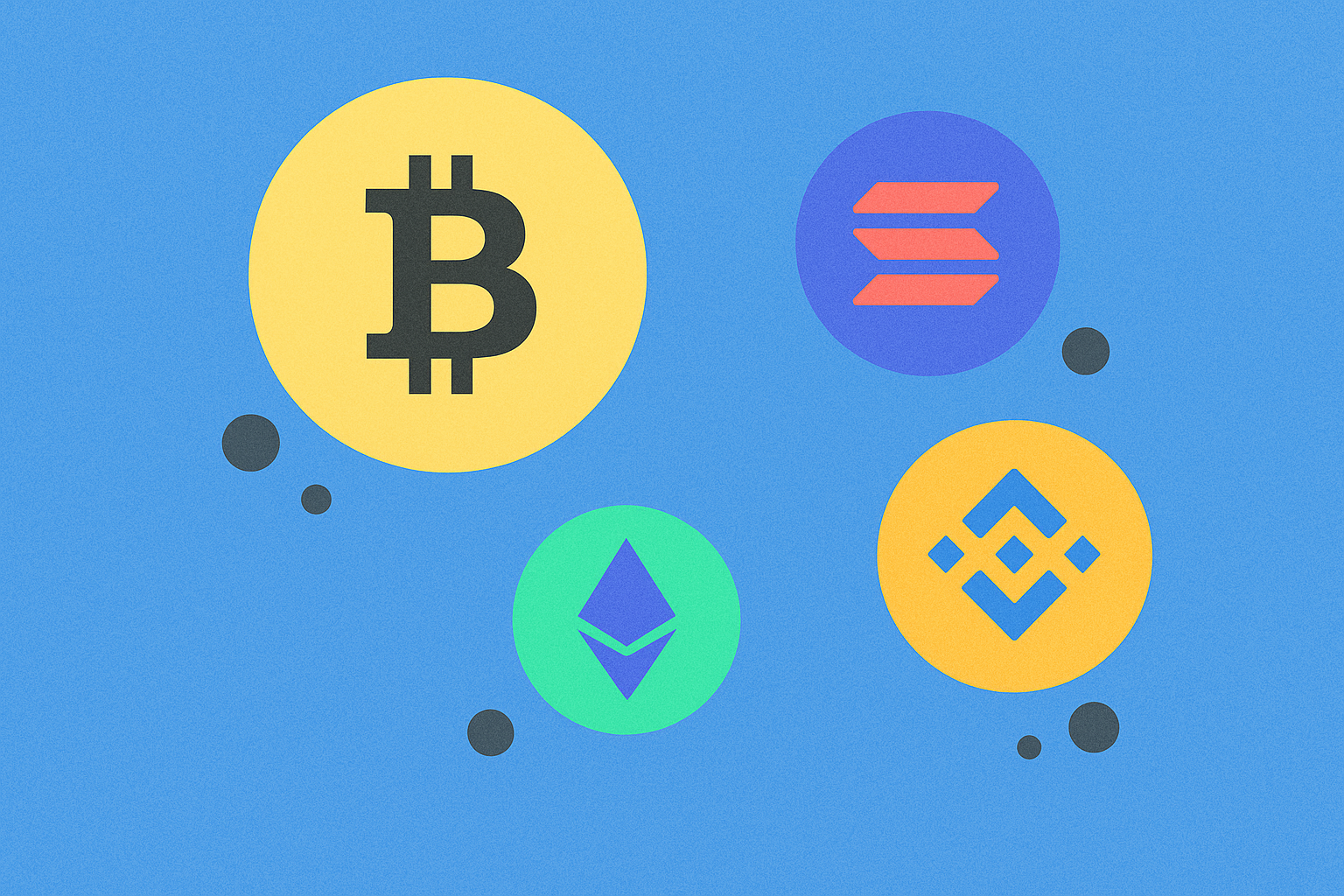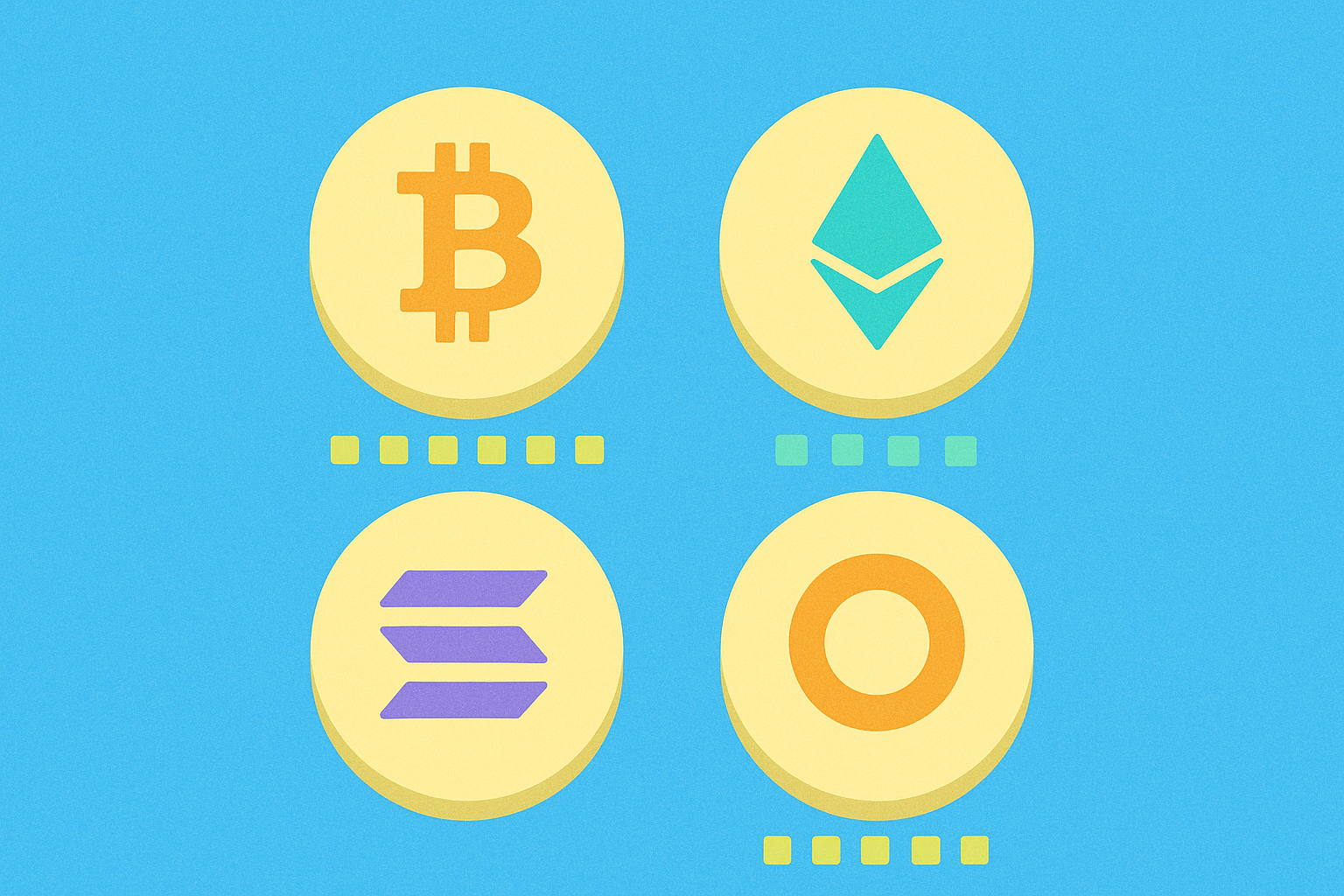2025 Yılında PI Coin'in Mevcut Varlık Dağılımı ile Fon Akışı Eğilimi Nasıldır?

PI coin dağılımında yoğunlaşma artıyor: İlk 10 adres, arzın %23’ünü elinde tutuyor
PI coinlerin dağılımı, ilk 10 adresin toplam arzın %23’üne sahip olmasıyla birlikte giderek yoğunlaşıyor. Bu servet birikimi, PI Network ekosisteminin merkeziyetsizliği ve adaleti konusunda soru işaretleri doğuruyor. Yoğunlaşmanın boyutunu ortaya koymak için cüzdan gruplarının varlıklarını karşılaştıralım:
| Cüzdan Grubu | Cüzdan Sayısı | Tutulan Toplam PI | Arz Yüzdesi |
|---|---|---|---|
| İlk 10 | 10 | 23 milyar | %23 |
| İlk 22 | 22 | >220 milyon | >%0,22 |
| Kalan | >8.200.000 | ~76,78 milyar | ~%76,78 |
Veriler, en büyük adreslerle kullanıcıların büyük çoğunluğu arasında ciddi bir uçurum olduğunu gösteriyor. Yalnızca 22 cüzdan, güncel fiyatla hesap başına 3,5 milyon dolardan fazla değere sahip, 10 milyonun üzerinde PI tutarken; kalan 8.200.000 kullanıcı ise arzın geri kalanını paylaşıyor. Bu düzeyde yoğunlaşma, ağın yönetimi ve piyasa dinamikleri üzerinde önemli etkiler yaratabilir.
Ek olarak, yoğunlaşmadaki artış eğilimi, erken benimseyenlerin ve büyük yatırımcıların zamanla daha fazla PI topladığını ortaya koyuyor. Bu tablo, piyasa manipülasyonu ve merkezileşme risklerini gündeme getirerek, projenin merkeziyetsiz dijital para vizyonunu zora sokabilir. PI Network, 100 milyar coinlik maksimum arza yaklaşırken, dağılım modeli kriptoparanın uzun vadeli sürdürülebilirliğinde ve benimsenmesinde belirleyici olacak.
Günlük işlem hacmi 240 milyon PI’ye ulaştı: Kapalı ağ dönemine göre 20 kat artış
Pi Network’te günlük işlem hacmi, 240 milyon PI seviyesine yükselerek dikkat çekici bir artış gösterdi. Bu hacim, kapalı ağ dönemine kıyasla yirmi kat büyüme anlamına geliyor ve kriptopara için önemli bir kilometre taşı niteliğinde. Büyümeyi daha net görmek için tarihsel verileri inceleyelim:
| Dönem | Günlük İşlem Hacmi | PI Başına Fiyat |
|---|---|---|
| Kapalı Ağ | 12 milyon PI | Yok |
| Güncel | 240 milyon PI | $0,26 |
İşlem hacmindeki bu hızlı yükseliş, Pi kriptoparasına olan ilgi ve benimsemenin arttığına işaret ediyor. Kapalı ağdan açık ekosisteme geçiş, kullanıcı katılımını ve piyasa hareketliliğini ciddi şekilde artırdı. PI başına $0,26’lık mevcut fiyat ise hacimdeki bu yükselişe rağmen henüz belirgin bir değer artışına dönüşmüş değil. Hacim ile fiyat arasındaki bu dengesizlik, piyasa analistleri ve yatırımcılar açısından ilgiyle takip ediliyor. Pi Network büyümeye devam ettikçe, artan likiditenin token değerine ve piyasa yapısına uzun vadede nasıl yansıyacağı yakından izlenecek.
Kurumsal yatırımcılar, $0,60 destek seviyesinden PI biriktiriyor
Pi Network’ün fiyatı kritik $0,60 destek seviyesinde seyrederken, kurumsal yatırımcılar PI token biriktirmeye yönelik ilgilerini artırıyor. Son dönemdeki piyasa dalgalanması ve Şubat 2025’teki $3,00’lık zirveden yaşanan sert düşüş düşünüldüğünde, bu eğilim özellikle öne çıkıyor. Mevcut fiyat hareketi, piyasanın olası bir toparlanma öncesi konsolidasyon aşamasına girdiğini ve büyük yatırımcıların pozisyon almaya başladığını gösteriyor.
Fiyat hareketi ve kurumsal ilgiye dair güncel veriler şöyle:
| Tarih | Fiyat | Hacim | Önemli Olay |
|---|---|---|---|
| Şub 2025 | $3,00 | - | Tüm zamanların zirvesi |
| Eki 2025 | $0,20086 | $11.453.887 | Güncel işlem aralığı |
| - | $0,60 | - | Kritik destek seviyesi |
Zirveden bu yana yaşanan sert düşüş, Pi Network’ün mobil madencilik vizyonuna ve büyüyen ekosistemine uzun vadede güvenen büyük yatırımcılar için cazip bir giriş noktası oluşturdu. $0,60 seviyesindeki yüksek işlem hacmi, güçlü bir alım baskısı ve sağlam bir fiyat tabanı oluştuğunu gösteriyor. Kurumsal yatırımcıların bu birikimi, destek seviyesi korunursa ve bireysel güven yeniden sağlanırsa, trendin tersine dönebileceğini işaret ediyor.
Pi Network açık işlem dönemine girerken piyasa hissiyatı düşüşten temkinli iyimserliğe dönüyor
Pi Network’ün açık işlem aşamasına geçmesiyle birlikte piyasa hissiyatı, düşüşten temkinli iyimserliğe doğru kaymaya başladı. Bu değişim, son fiyat hareketleri ve analist beklentilerinde gözlemleniyor. 13 Ekim 2025’te Pi Network (PI), %5,5’lik artışla $0,2150 seviyesine yükseldi. Ancak, merkezi dağılım ve devam eden arz kilidi açılışları nedeniyle kriptopara hâlâ düşüş baskısı altında.
Piyasa iyimserliği, teknik göstergeler ve analistlerin yükseltme çağrılarıyla destekleniyor. Son fiyat eğilimlerinin karşılaştırılması bu değişimi gösteriyor:
| Zaman Dilimi | Fiyat Değişimi | Değişim Miktarı |
|---|---|---|
| 24S | -%4,43 | -$0,00931 |
| 7G | -%14,53 | -$0,03415 |
| 30G | -%43,76 | -$0,15629 |
Kısa vadeli olumsuz tabloya rağmen, analistler 2025 4. çeyrekte Pi Network için önemli bir yükseltme öngörüyor ve bunun temel göstergeleri güçlendirebileceğini belirtiyor. Teknik analizde ise düşen kama formasyonu yükseliş sinyali verirken, MACD göstergesi halen süregelen düşüş eğilimine dikkat çekiyor.
PiUSD stablecoin teklifinin devreye girmesi, fiyat oynaklığı kaygılarını azaltarak gelecekte piyasanın istikrarına katkı sağlayabilir. Pi Network bu kritik süreçten geçerken, yatırımcılar ve analistler gelişmeleri yakından izliyor; piyasada temkinli iyimserlik, önceki düşüş havasının yerini almaya başlıyor.

AQT ve ETC: Kuantum ile Klasik Hesaplama Yaklaşımlarının Karşılaştırmalı Analizi

2025 yılında Polkadot (DOT) için mevcut piyasa görünümü nedir?

Poly Kripto Fiyat Tahmini 2025: Yükselecek mi Yoksa Düşecek mi?

NFP ve HBAR: Tarım Dışı İstihdam Raporları ile Hedera Hashgraph'ın piyasa üzerindeki temel etkilerinin karşılaştırmalı analizi

Hedera (HBAR) iyi bir yatırım mı?: Bu dağıtık defter teknolojisinin potansiyeli üzerine bir analiz

COS vs DOT: Sponsorluk Sertifikası ile Ulaştırma Bakanlığı Uyumluluğu Arasındaki Temel Farkları Anlamak

RaveDAO (RAVE) temelleri: 3 Milyon Dolar gelir, NFT kullanım alanı ve ekip yol haritası analizi

Zincir üstü veri analizi nedir? Aktif adresler, balina hareketleri ve işlem hacimleri kripto para piyasasındaki trendleri nasıl tahmin etmeye yardımcı olur?

Rakip Altcoinler ile Bitcoin arasındaki başlıca farklar nelerdir: Piyasa değeri, performans ve kullanıcı benimseme analizi 2025

EPIC Fiyatındaki Dalgalanma Bitcoin ile Nasıl Karşılaştırılır: Destek ve Direnç Seviyelerine Dair Bilmeniz Gerekenler

Başlıca kripto para rakipleri arasındaki temel farklar nelerdir: Piyasa değeri, performans ve kullanıcı tabanı karşılaştırması?







